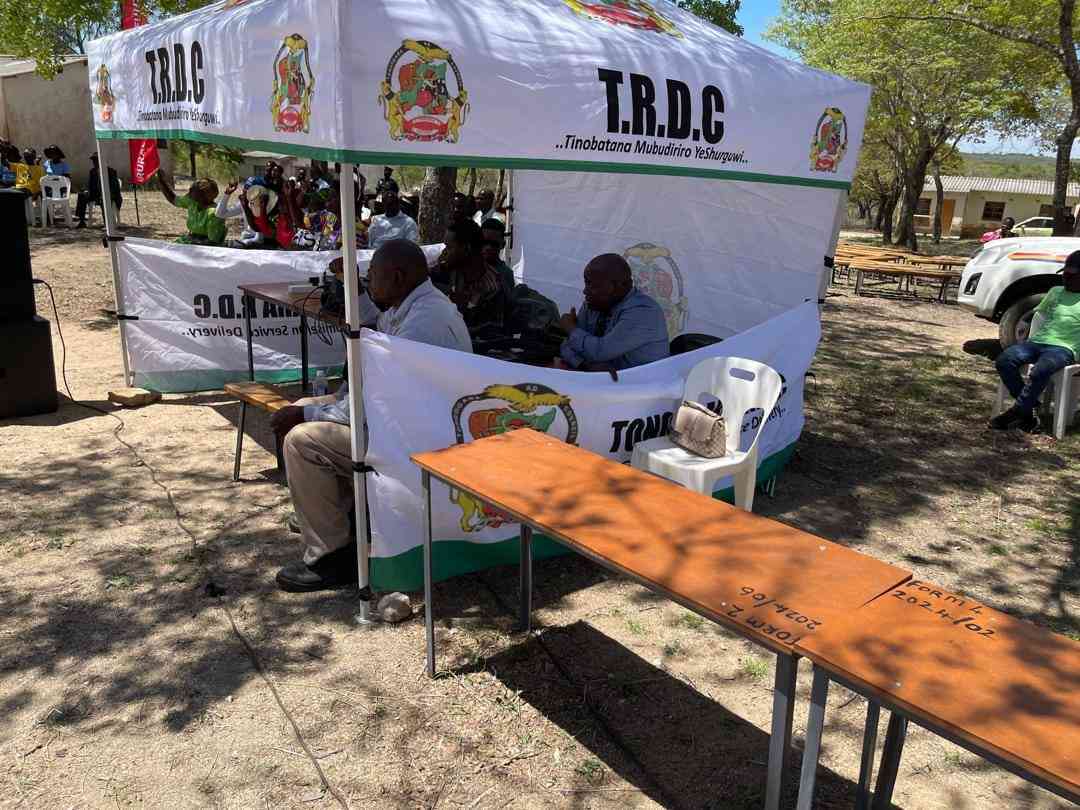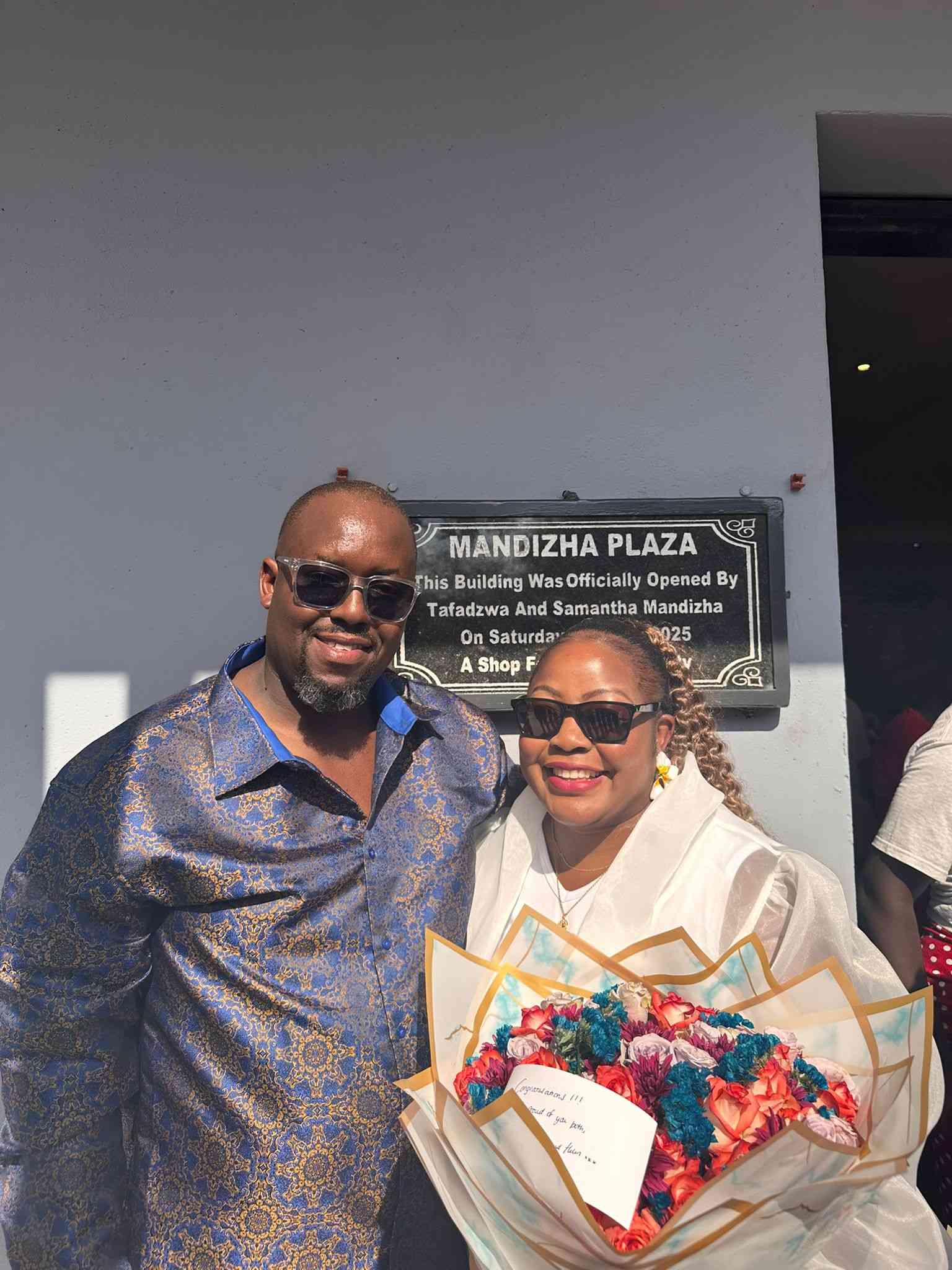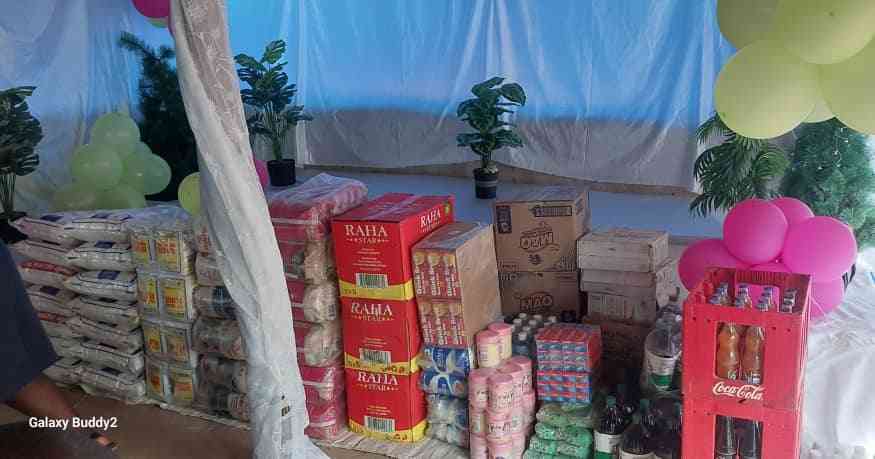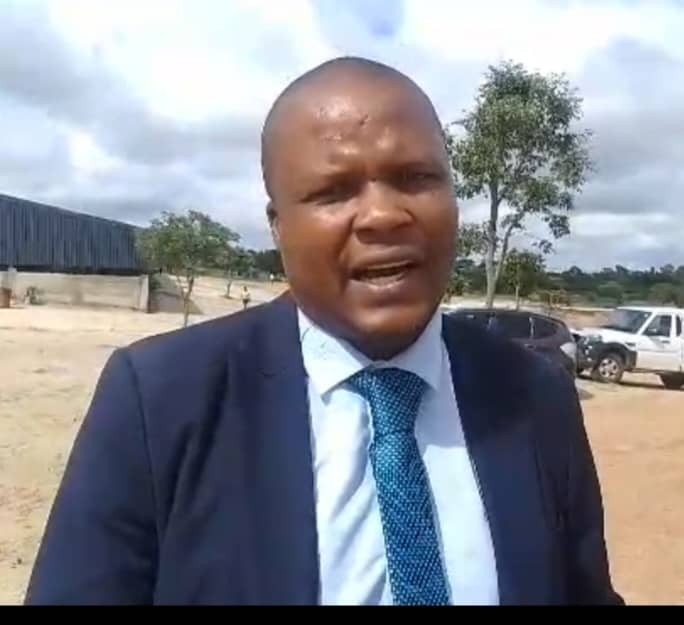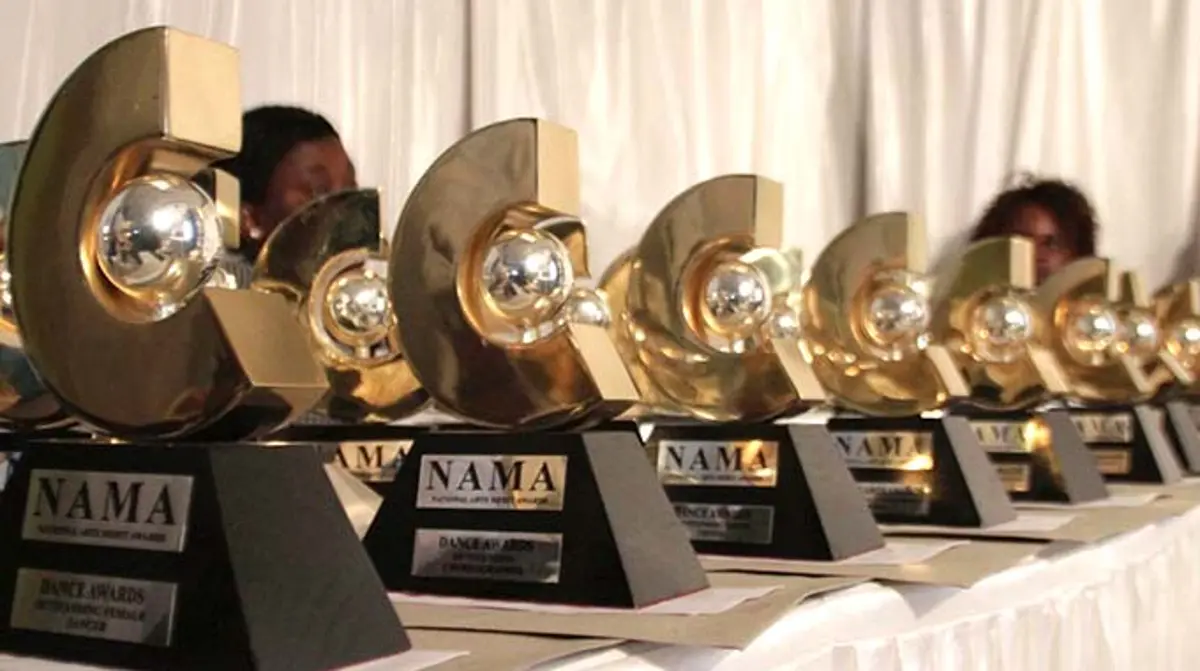
THE country’s premier awards, National Arts Merit Awards (Nama) will shift base again from its traditional base, the Harare International Conference Centre (HICC) to Bulawayo for the forthcoming 22nd edition ceremony.
I, together with Professor Solomon Mutsvairo (NACZ Chairman and Cultural activist) and NACZ director, Charles Makari came up with the idea of recognising and awarding artistes with outstanding achievements in 1982. Nama was later established through an Act of Parliament in 1985.
Namas are set to take place in Zimbabwe’s City of Kings and Queens, Bulawayo on the 24th of February. The theme of this year’s awards is “Kwa22”. The official lights of the events will go on at ZITF Hall 3.
In 2013, I wrote an article which was critical of the National Arts Council of Zimbabwe’s decision to host the awards in Bulawayo. I received a lot of flak from Bulawayo-based folk.
Many journalists tell me that the secret of successful journalism is to make your readers so angry that they will write half your next column for you. That was not my intention. However, there were several people who were mad at me for that criticism.I will repeat the barrage of criticism that I got. It gave me an insight into how divided our country is.
In Bulawayo, Zimbabwe’s second largest city, the perpetual tribal conflicts are becoming more intense. Most tensions exist between the Shona people, the country’s largest tribe, and the Ndebeles, who dominate in Matabeleland, part of which are Bulawayo province and its capital of the same name.
In the 1980s, a genocide unleashed by former President Robert Mugabe’s government against the Ndebele people left more than 20,000 people in Matabeleland and Midlands region dead. Since then, things between the Shona people and the Ndebeles have never been good, with tensions passing from generation to generation.
Tribalism is an emotional topic by its nature and does not need to be discussed in wrong spheres if we are to build a national identity in Zimbabwe.
- SanganaiHlanganani Expo dates set
- ZITF Company launches AfriConfex
- Zim must step up to increase exports: UK
- Creatives urged to plough back into communities
Keep Reading
First of all, I must let everyone know that I am a Zimbabwean and not a tribalist.
I attended the 2013 Nama event in Bulawayo. The permanent secretary of Youth Sport and Recreation Thokozile Chitepo who seemed surprised to see me at the event after reading my critical article asked me: ”Fred, what are you doing here after your criticism of this event?” I told her that I wanted to witness it in person so that I can justify my criticism.
I had driven the 450 kilometres from Harare to Bulawayo which took me over five hours to get there and I spent close to US$200 on petrol to make the trip to and fro. I was supposed to travel to Bulawayo with Oliver Mtukudzi, but he did not show up at the venue we had agreed to meet on time, so the decision to drive myself to Bulawayo.Here is the amount of vitriol that was poured on me by the people in Bulawayo which I will quote verbatim:Joel Mulungisi had this to say: “You people in Harare are arrogant, what makes you think that Harare is more special than Bulawayo? That is really stupid.”
Silenkosi Ndlovu :expressed his thoughts this way: “Ha ha ha, typical Shonas. Good thing the Matabeleland water project did not take off, because if it had, the water would have been diverted to Harare as soon as it reached Hwange.”
Another punter, Edward Mabhena, said: “That is stupid thinking, you should give Bulawayo a chance and see what we can do for you. You cannot let everything happen in Harare. Very soon you are going to want ZITF moved to Harare. Harare is a disaster, I tell you.”
Yet another one from John Mhambi: “Fred, I have always respected you and enjoyed reading your articles, but this time you have written nonsense.”Someone who calls himself Umkhonto 99 had this to say: “This is precisely the attitude we will not tolerate. Bulawayo was once a vibrant city and a live centre of arts. This Hararenisation of Zimbabwe is by no means economic. Stop hiding behind a finger.” Dumiso Dube did not mince his words: “Currently, you have all of your six so-called national radio stations based in Harare with all of them seeming to agree that Ndebele news comes after other news. Sadly, even pirate radio stations like Studio 7 have also adopted such unfortunate approaches. Let the awards come to Bulawayo if you agree that Bulawayo is part of Zimbabwe. Ongafuniyo kayekele. Since King Lobengula, Bulawayo has been named the “City of Kings” or “kontuthu ziyathunqa”—a Ndebele phrase for “smoke arising”. This name arose from the city’s historically large industrial base. I wouldn’t be surprised if you guys in Harare decide to move all the industries to Harare as we do not even have regular electricity supplies here.”And another one from Douglas Mkhize: “I used to have lots of respect for Professor Zindi, but this article brings into question how he became a professor in the first place? I bet my last dollar that his papers were obtained from some fake American online university in three months - Jokes aside (I notice he has a good sense of humour!) The issues you have raised answer one question why the Republic of Mthwakazi should be a neighbouring state to the Republic of Zimbabwe - in your very own words you say nothing much is happening outside Harare and Harare is national.
“Your mindset seems to be saying that things become national only if they are in Harare, and if outside Harare then it’s small-town affair! It’s a pity and shame upon you, maybe you should take a leaf from other genuine professors like Jonathan Moyo, Welshman Ncube, Mthuli Ncube and Ngwabi Bhebhe, just to name a few - l hope you are not poisoning kids at the UZ with your rubbish attitude!”I took these criticisms wholeheartedly. I will not bother to print the positive comments as they will only incense those who were offended by my article further. However, listening to some of the above arguments carefully, one would also argue that State House and the new parliament buildings in Mount Hampden should be moved to Bulawayo instead of Harare as the Bulawayo people seem to have a chip on their shoulder regarding why certain things happen in Harare only.
I agree with Trevor Ncube who says: “We must use education for nation building as it is a vital instrument to unlocking the potential and creativity in all our children so that they play a purposeful role in our progress as a nation.”
A free Press can, of course, be good or bad, but certainly without the freedom to express one’s opinion, it can never be anything but bad. Differences in opinion must therefore be respected. Here, I expressed my reasons on why should be held at one venue in one city only. I stick to my guns.Indeed, I was sceptical about Nama happening in Bulawayo, not for tribal or political reasons, but mainly for financial reasons.
Over the years the National Arts Council of Zimbabwe has been bombarding the public about their inability to do anything for the artistes due to lack of resources.I therefore did not see any scope in moving the event to Bulawayo without resources as it meant paying extra for transportation and accommodation for the majority of Nama nominees and winners most of whom were coming from Harare.
For the past 24 years the Grammy Awards in the United States are held at the Crypto.com Arena in Los Angeles. This year the event which took place at the same venue last week, on the 4th February, was hosted by South Africa’s Trevor Noah and Africans such as Burna Boy who lit up the stage with electric performances and Tyla who won the first Best African Music Performance Award travelled all the way from Africa at their own expense. Other artistes such as Taylor Swift, Tracey Chapman, Miley Cyrus, Celine Dion who don’t live in Los Angeles travelled long distances to attend the event.
I am not saying that we should copy the Americans’ way of doing things but logistically and for financial reasons, it makes sense to have one venue for Nama whether in Bulawayo or in Harare, Gweru or Mutare as planning for the event takes almost a year. In Zimbabwe, we simply do not have the resources to move Nama from one city to another. Instead we should campaign for additional resources to the NACZ through the government. It takes hundreds of staff to plan and successfully produce the event.Travelling to the venue in Bulawayo and accommodation for both staff and artistes costs a lot of money.
According to Nama's executive director, Napster aka Napoleon Nyanhi, the fourth edition of Nama Golf Day would also be held in Bulawayo on November 10. “The Golf Day is a platform that has been created for artistes to interact with corporates and business executives. Golf has a culture of business discussions therefore if artistes can have access to this opportunity, it may alleviate the problems of funding,” he noted.
The majority of the golfers will, no doubt, be coming from Harare as Harare has more artistes than Bulawayo. That will be another expense. It is understandable. We note that the majority of NACZ staff who made the decision of moving both Nama and the golf tournament from Harare to Bulawayo are mainly from Bulawayo. So there is no need to wonder why Nama has moved to Bulawayo again.
Sengezo Tshabangu, please recall Nama back to Harare.
Feedback: [email protected]

